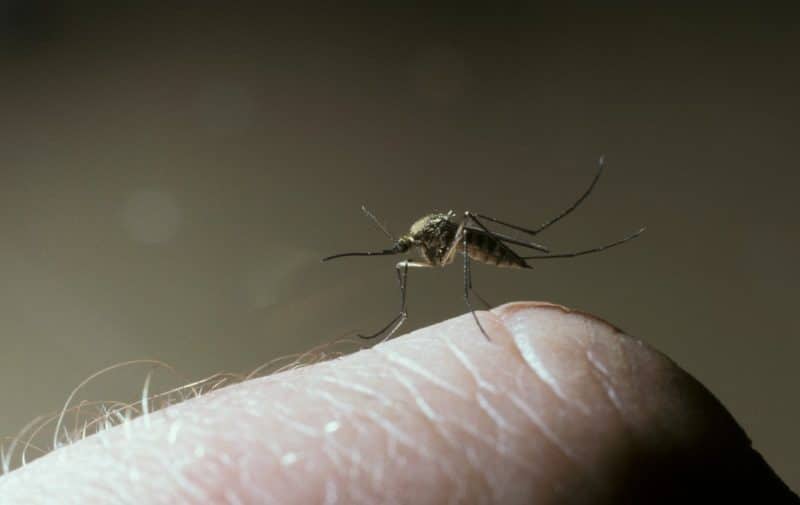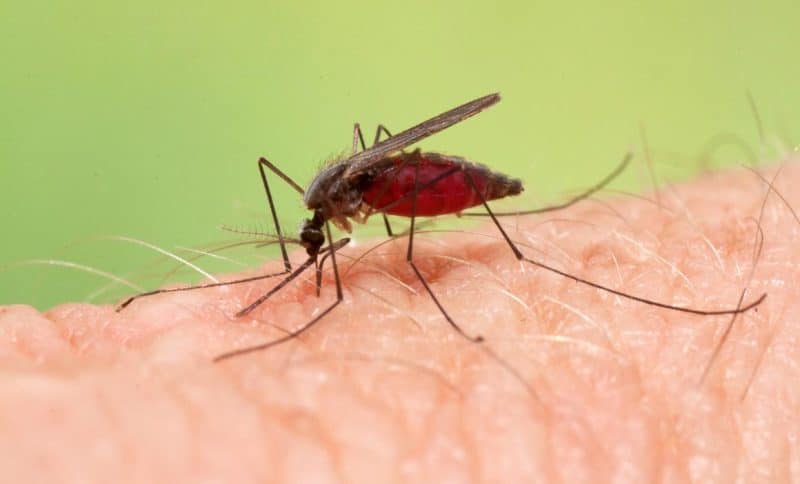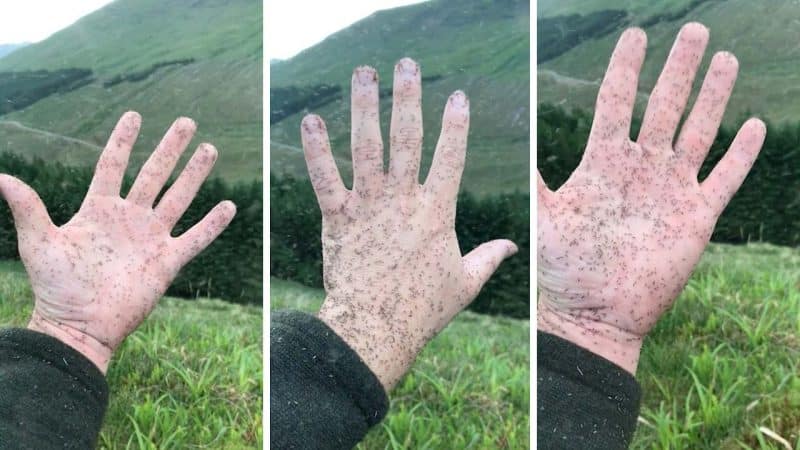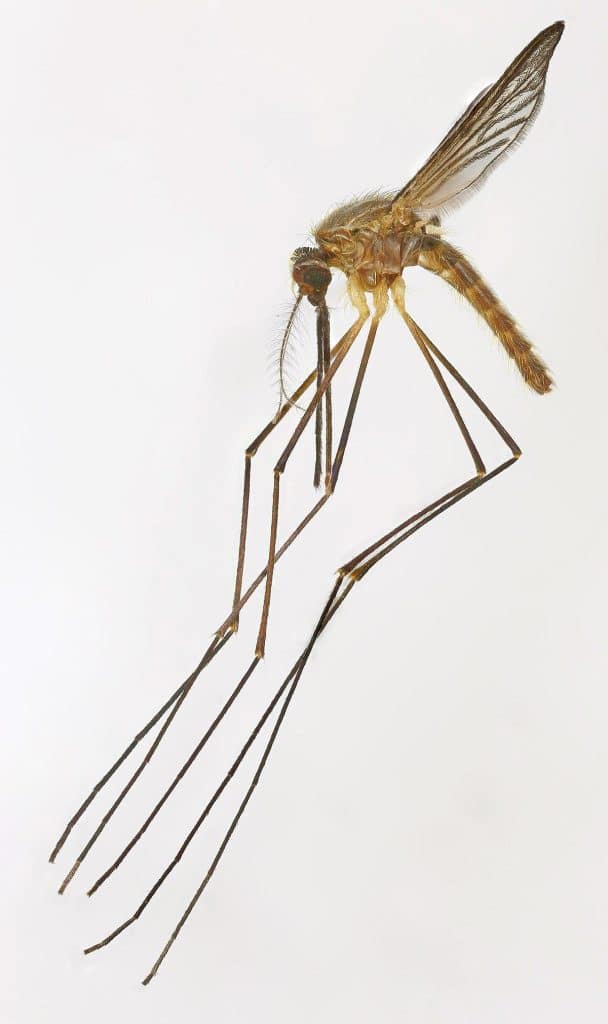Global warming is drastically changing the world. Places that did not have mosquitoes before are now overwhelmed by them. One such place is Scotland. The presence of mosquito-borne diseases in areas not ready to deal with them leaves the citizens helpless to prevent bites.

The University of Glasgow started a project in which they hung traps at 24 locations in Scotland. It is the first of its kind in the country. The researchers found 16 different mosquito species. These findings were enough to alarm the scientists. Although mosquitoes have been present in the country, their numbers needed to be more significant enough to call for a study. There needs to be information about how outspread mosquitoes are in Scotland.
Lack of Mosquito Data
The need for mosquito data in Scotland makes it challenging to assess how to find ways to control mosquito populations. It is also difficult to alleviate everyone’s risk of mosquito-borne diseases. Surveillance systems like those in the study initiate the first step toward mosquito preparedness. These systems give a good baseline for evaluating the evolution of the situation.
A lack of mosquito data motivated the same researchers to identify another overlooked situation. They concluded that mosquitoes in Scotland can already transmit diseases to the country’s wildlife. This situation makes the mosquitoes a threat to many animal conservation efforts. This is the reason for the team’s appeal to the public. They are urging the citizens of Scotland to participate by reporting mosquito experiences to the Mosquito Scotland website.

The Mosquito Problem
The researchers were surprised to learn about the mosquitoes in Scotland. Culex pipiens is one of the species they found. It is a mosquito species common in Asia, parts of Europe, Northern Africa, as well as South and North America. Experts warned that Scotland’s warmer temperatures may lead to larger mosquito populations, including areas where they can transmit illnesses.
Studies reveal that mosquitoes are much larger than midges. These insects also have a proboscis for sucking blood. Mosquitoes are considered one of the most dangerous animals in the world because they are carriers of fatal diseases. Dengue, malaria, and Zika are a few examples.

The Centre for Virus Research has experts who have been keeping an eye on mosquito populations’ movements to study climate change’s impact on the spread of diseases. The scientists went to 24 locations across Scotland and hung traps. These traps used the smell of carbon dioxide to entice the mosquitoes. The carbon dioxide smell imitates human breath. Scientists believe that it is important to understand how mosquitoes are spreading. Recently, the West Nile Virus has made it to Europe. France has cases of it already. This mosquito-borne disease could reach Scotland and England soon.
The Surveillance
Researchers in Scotland want a formal and systematic process for keeping an eye on mosquitoes. Dengue has already reached France. Cases of chikungunya are increasing in Italy. More government-backed studies can help people understand the risks of increasing mosquito populations. A formal system can help scientists identify the mosquito species early. Proper measures can then help stop these mosquitoes from breeding.

Preventing the spread of mosquitoes despite global warming is always the goal of reducing the cases of mosquito-borne diseases. Scotland needs to keep up with other countries when controlling mosquito populations. The scientists are motivated to increase the people’s awareness of how mosquitoes spread. Doing so can help them join the fight against dangerous mosquito-borne illnesses.